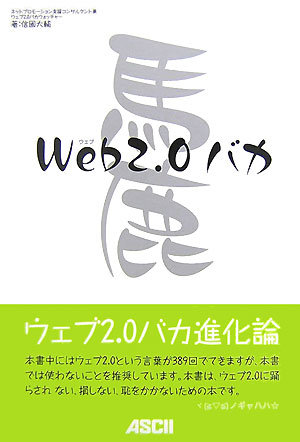The Japanese, of course, use a lot of English in their daily lives, even if serves mainly as a decoration, like a businessman showing his intelligence by peppering his speech with haughty-sounding katakana words like “compliance” “collaboration” or “initiative,” the reverse version of American businessmen using trendy Japanese buzzwords. But because the Japanese have a limited phonetic range compared to English, and because words have been brought in over a space of many years, English words are sometimes imported “wrong,” at least as far as my Californian-American English ear is concerned. The other day I asked my wife to get some yogurt from the refrigerator for me, specifying that I wanted the “Bio Yogurt” that was there. Since I was speaking Japanese, I said the word “bio” with its Japanese pronunciation of “be-oh,” and this gave me a little shiver of weirdness since it’s not said that way in my native tongue. Some other English words that are often changed compared to American English include “micro,” which is pronounced “mii-cro” about half the time; energy, which sounds like “eh-neh-ru-GEE” with a hard “G”; and cocoa and aloe, both of which get their final silent syllables pronounced. There’s nothing for it but to get used to these alternate pronunciations, and it’s really not that hard — before I know it I’m talking funny in English.
















